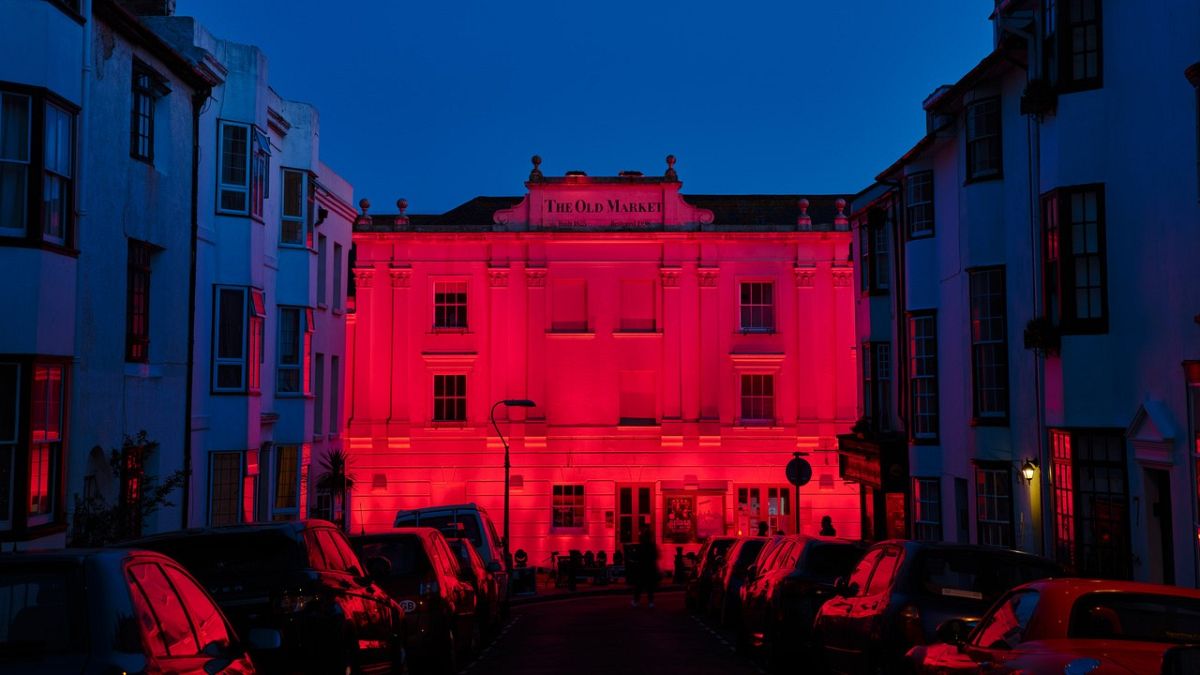Patients with ALS or cancer were more likely to choose assisted dying regardless of where they lived, a study found.
As countries debate whether to allow terminally ill patients to end their own lives with medical help, a new analysis indicates that the patients who opt for the controversial practice are remarkably similar across the globe.
Roughly 282 million people worldwide live in countries or regions that allow medical assistance in dying (MAID), which is when patients with severe illnesses choose either euthanasia, which is when a doctor deliberately ends their life, or assisted suicide, which is when patients are given the means to end their own lives.
Advocates say assisted dying laws reduce unnecessary suffering and allow patients to maintain dignity at the end of life, but critics fear that vulnerable patients could be pressured into choosing assisted death or that these laws could be used to reduce mental health support or palliative care.
Between 1999 and 2023, nearly 185,000 people opted to end their lives through a form of assisted dying in 20 jurisdictions where it was legal, according to the study, which was published in the journal JAMA Internal Medicine.
That accounts for 1.4 per cent of all deaths in those areas, which include Belgium, Luxembourg, the Netherlands, Switzerland, Canada, New Zealand, five Australian states and territories, and eight states and one city in the United States.
Incidence also increased over time.
“The overwhelming majority in every country, even where MAID is legal … don’t take MAID,” Dr James Downar, a palliative care physician at the University of Ottawa in Canada and the study’s senior author, told Euronews Health.
Which patients choose medical assistance in dying?
The laws differ by location. Ten jurisdictions – Switzerland and the parts of the US that allow MAID – only allow physician-assisted suicide, which is when a doctor prescribes a lethal drug for patients to take on their own.
Meanwhile, 15 jurisdictions require that patients have a life expectancy of less than six to 12 months, and 17 jurisdictions require patients to be 18 or older, the study said.
Those policies appear to influence patients’ decisions. Assisted dying rates tend to be lower in countries and regions where patients are required to take the lethal dose themselves, the study found.
Over the study period, which differed for each country, the proportion of MAID deaths was highest in the Netherlands (3.2 per cent of all deaths) and lowest in California, New Jersey, and Washington, DC, in the US (0.1 per cent each).
Yet despite the differences in laws, culture, health care, and social support across these regions, the study indicates that a handful of diagnoses make up the vast majority of people who choose medically-assisted death.
Across jurisdictions, 66.5 per cent of patients who chose assisted dying had cancer.
The next most common ailments were nervous system disease (8.1 per cent), circulatory system disease (6.8 per cent), and respiratory system disease (4.9 per cent).
Notably, people dying of amyotrophic lateral sclerosis (ALS) – a degenerative neurological disorder – were more likely to opt for MAID than other patients, with 16.8 per cent of ALS-related deaths the result of MAID compared with 3.7 per cent of cancer-related deaths.
Public debate continues
That suggests that the argument that patients are being pressured into choosing MAID is generally not true, Downar said.
Instead, it seems that patients tend to opt for it when they are suffering from rapid decline as a result of conditions like cancer and ALS.
“Despite all these various differences in laws and jurisdictions and services, you see essentially the same individuals receiving MAID the world over,” Downar said.
“Patients are not passive in this. It seems to be very much the patient factors that are driving it,” he added.
The Netherlands became the first country in the world to decriminalise euthanasia in 2002, though assisted suicide – when a patient is given the means to end their own life – has been allowed in Switzerland since 1942.
In recent years these policies have been debated in France, Ireland, and most recently, the United Kingdom, where lawmakers voted in favour of an assisted dying bill last month that brings it one step closer to becoming law.
Downar said that as the political debate continues, policymakers and the public should keep the data in mind.
“The purpose of legalising MAID isn’t to promote MAID, it’s to allow choice,” he said.

 3 months ago
36
3 months ago
36






 We deliver critical software at unparalleled value and speed to help your business thrive
We deliver critical software at unparalleled value and speed to help your business thrive






 English (US) ·
English (US) ·